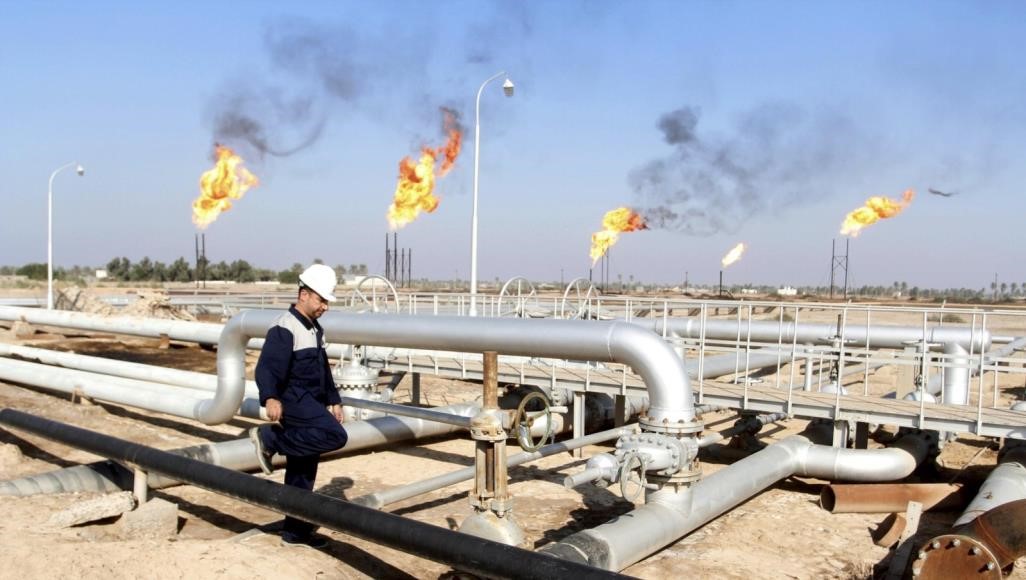Brent near $80 as US output hits record

Shafaq News/ Oil prices steadied on Thursday, with Brent trading near $80 a barrel as higher inventories and record output in the United States overshadowed jitters over global trade disruptions in the Red Sea.
Brent crude futures rose 13 cents, or 0.1%, to $79.80 a barrel by 0914 GMT, while U.S. West Texas Intermediate crude was 4 cents higher at $74.26.
"Oil concerns itself with the state of U.S. production this morning and enters the day less buoyant than that of late," PVM Oil analyst John Evans said.
The U.S. Energy Information Administration (EIA) said on Wednesday that U.S. crude inventories rose by 2.9 million barrels in the week to Dec. 15 to 443.7 million barrels, compared with analysts' expectations in a Reuters poll for a 2.3 million barrel drop.
The EIA said U.S. crude output rose to a record 13.3 million barrels per day (bpd) last week, up from the previous all-time high of 13.2 million bpd.
Both benchmarks ended higher on Wednesday for a third straight session, as investors worried about trade disruptions as major maritime carriers chose to steer clear of the Red Sea route, with longer voyages increasing transport and insurance costs.
For shipping, about 12% of world traffic passes up the Red Sea and through the Suez Canal. However, the impact on oil supply has been limited so far, analysts said, because the bulk of Middle East crude is exported via the Strait of Hormuz.
"We believe the disruptions are unlikely to have sustained ramifications on energy ... as vessel redirection hampers global supply chains, not volumetric production," MUFG analyst Ehsan Khoman said.
He added that the additional costs incurred as the result of longer journeys around South Africa's Cape of Good Hope "risks fanning the flames of global inflation just as the Fed (U.S. Federal Reserve) signalled it's preparing to cut rates in 2024".
Meanwhile, the U.S.-led coalition imposing a price cap on sea-borne Russian oil announced changes to its compliance regime on Wednesday which the Treasury Department said would make it harder for Russian exporters to bypass the cap.





